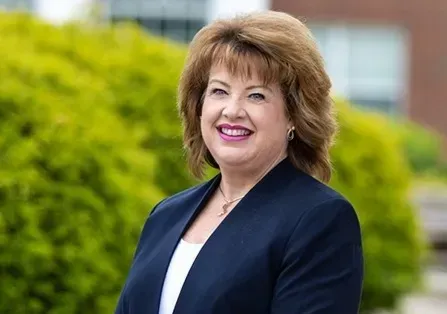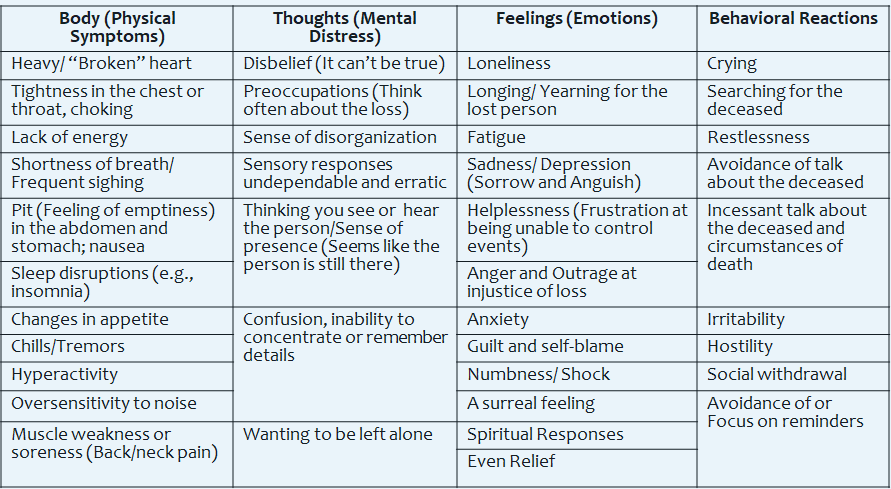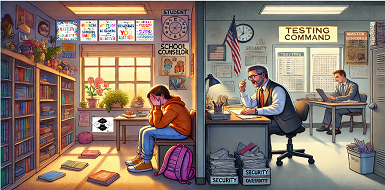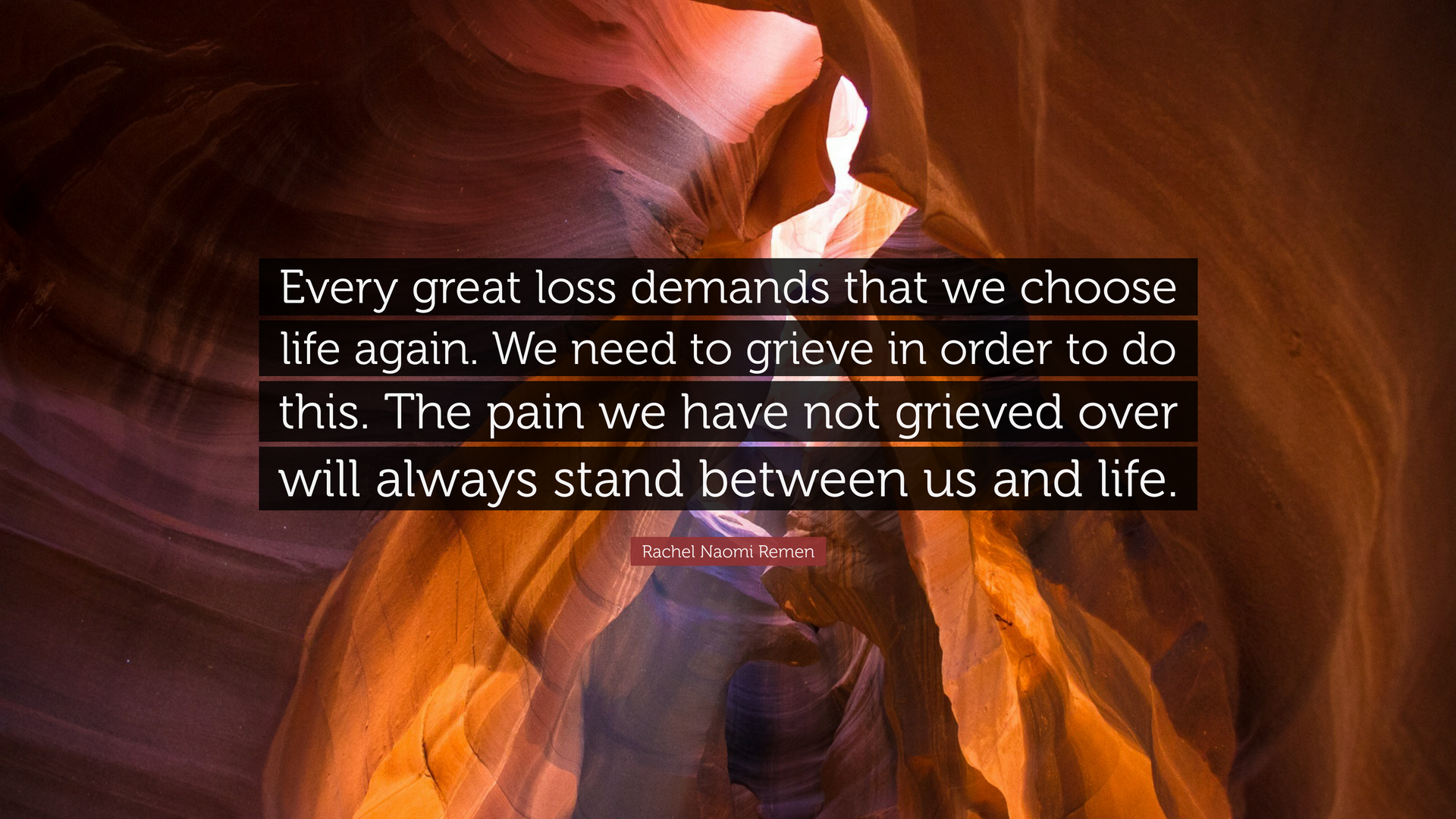Professional Identity as a Balance
The Balance of Tradition and Continuing Development
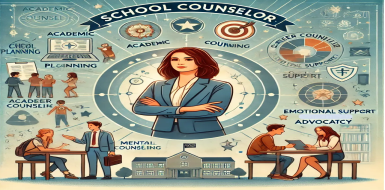
The role of school counselors has continuously evolved over the past several decades. What began as a position focused on vocational guidance and preparing students for the workforce has transformed into a dynamic, multifaceted role centered around the holistic development of students. As school counselors, we address not only academic concerns but also social, emotional, and career development, aiming to support the whole child.
This evolution has presented both exciting opportunities and critical challenges for school counselors. At the heart of these challenges is the question of professional identity. As our roles expand and diversify, It is so important to maintain a clear, unified identity that reflects the evolving needs of students, the framework provided by the ASCA National Model, and the diverse realities of school environments.
The Evolution of School Counseling
School counseling, as a profession, has shifted significantly over time. Initially shaped by vocational guidance models in the early to mid-20th century, the role of a school counselor was seen primarily as one of helping students navigate career paths. Counselors were expected to focus on college and career readiness, assisting students in preparing for their future careers.
Over time, however, societal changes, advances in educational theory, and a greater understanding of students’ mental and emotional needs led to the expansion of the school counselor’s role. Today, school counselors play an integral part in fostering students' academic success, supporting their social and emotional development, and addressing personal challenges that can impact their ability to thrive in school. The role has moved far beyond vocational preparation, encompassing a wide array of responsibilities that contribute to the well-being of students in a comprehensive, holistic manner.
The ASCA National Model: A Framework for Professional Identity
The American School Counselor Association (ASCA) National Model has been a key driver in shaping the modern school counselor's identity. It provides a framework for a comprehensive, data-driven school counseling program designed to meet the academic, career, and social-emotional needs of all students.
The ASCA National Model emphasizes the need for school counselors to act as leaders, advocates, and collaborators within their schools. By implementing this model, school counselors can create programs that are proactive, equitable, and tailored to the unique needs of their school communities. It encourages counselors to take a leadership role in shaping the school climate and ensuring that all students receive the support they need to succeed.
However, the challenge lies in aligning the professional identity of school counselors with the diverse and sometimes conflicting realities of different school environments. The ASCA National Model provides a strong foundation, but the real-world application of this framework can look very different depending on the context—whether it’s an underfunded urban school, a rural district with limited resources, or a large suburban campus with unique student dynamics.
The Challenge of Maintaining a Unified Professional Identity
With the expansion of the school counselor’s role and the diversity of school environments, maintaining a unified professional identity can be difficult. Counselors are expected to wear many hats—academic advisor, mental health advocate, college and career guide, crisis manager, and more. This can create tension, as counselors strive to meet the varying demands placed upon them while staying true to the core values of the profession.
One of the most significant challenges is balancing the ideals of the ASCA National Model with the practical realities of different school settings. In some schools, counselors may be tasked primarily with academic scheduling or testing coordination, while in others, they may focus on addressing students’ mental health needs or crisis intervention. These differing priorities can lead to confusion or inconsistency in how the school counseling role is perceived, both by counselors themselves and by their colleagues, administrators, and communities.
Strategies for Harmonizing Perspectives
To reinforce a strong professional identity as a school counselor, it is essential to harmonize these differing perspectives and ensure that the value of the profession is consistently recognized. Here are a few strategies to help maintain a clear and unified professional identity in school counseling:
- Adoption of the ASCA National Model: Encouraging universal adoption of the ASCA National Model will create a standardized framework that defines school counselors' roles and responsibilities. Schools and districts that adhere to this model ensure that counselors can focus on student-centered services rather than peripheral tasks.
- Advocacy for Role Clarity: School counselors must advocate for clear role definitions within their schools and districts and communicate the value of a comprehensive counseling program to administrators, teachers, and the wider school community. By promoting understanding of their comprehensive role—as outlined in the ASCA National Model—counselors can reduce role confusion and ensure that they are utilized effectively.
- Professional Development and Training: Continuing education and professional development are vital for maintaining a strong sense of identity. School counselors should stay connected to the broader counseling community, attending conferences, engaging in discussions about the evolving role of counselors, and learning new strategies for implementing comprehensive programs. School counselors should engage in ongoing professional development that aligns with the ASCA National Model. Training programs should consistently reflect the standards and competencies that reinforce a strong, cohesive identity for counselors at all stages of their careers.
- Collaboration and Communication: Establishing open lines of communication between school counselors, administrators, teachers, and community stakeholders is crucial. By collaborating and communicating their role and the benefits of school counseling programs, counselors can solidify their professional identity within the school system.
- Data-Driven Practices: Using data to demonstrate the impact of counseling interventions is a powerful tool for maintaining professional identity. When school counselors can show measurable outcomes—whether in terms of academic achievement, behavior improvement, or social-emotional well-being—it reinforces the importance of the counselor’s role and helps align expectations with the broader goals of the school.
- Leadership within the Profession: Finally, school counselors should take on leadership roles, both within their schools and the larger counseling community. By serving as advocates for students and the profession, counselors can drive the necessary changes that will help maintain a unified identity and promote the importance of the ASCA model.
The Importance of a Strong Professional Identity
Maintaining a unified professional identity as a school counselor is essential for both the profession’s credibility and the effectiveness of school counseling programs. A strong professional identity helps counselors stay grounded in their core values and ensures that they are seen as essential members of the school community, capable of making a meaningful difference in students’ lives.
Ultimately, the goal is to harmonize the ideals of the ASCA National Model with the practical realities of diverse school settings. By advocating for the full scope of the school counseling role, continuing professional development, and adapting to individual school needs while staying true to the core mission, school counselors can maintain a strong, clear, and unified professional identity.
As the role of school counselors continues to evolve, so too must our efforts to define and protect our professional identity. By doing so, we not only reinforce the value of our work but also ensure that we are able to provide the highest level of support to the students who need us most
I am a school counselor turned counselor educator, professor, and author helping educators and parents to build social, emotional, and academic growth in ALL kids! The school counseling blog delivers both advocacy as well as strategies to help you deliver your best school counseling program.

I'm a mother, grandmother, professor, author, and wife (I'll always be his). Until October 20, 2020, I lived with my husband, Robert (Bob) Rose, in Louisville, Ky. On that awful day of October 20,2020, my life profoundly changed, when this amazing man went on to Heaven. After Bob moved to Heaven, I embraced my love of writing as an outlet for grief. Hence, the Grief Blog is my attempt to share what I learned as a Counselor in education with what I am learning through this experience of walking this earth without him. My mission is to help those in grief move forward to see joy beyond this most painful time.
